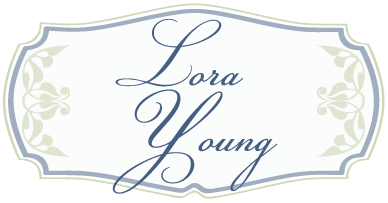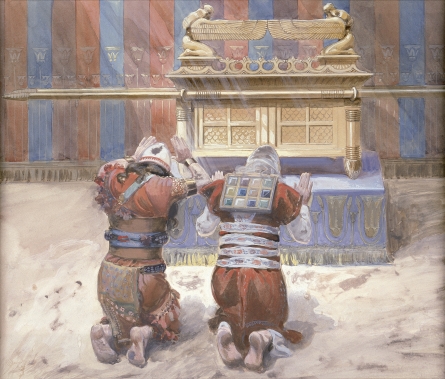This week’s Torah portion starts Leviticus. <sigh> I always get bogged down right here, but I’ve asked the Lord to help me learn something new and applicable in every Torah portion.
Exodus finished with the Tabernacle being finished and God’s presence descending. His holiness was so palpable, even Moses (who had spent considerable time on Mount Sinai in the presence of God) couldn’t go in.
God’s holiness is so pure…so completely other, that sinful man can’t stand in His presence without being destroyed. (I always picture the scene from Raiders of the Lost Ark, when Belloq’s head explodes.) Consequently, the book of Leviticus starts with the details of various sacrifices. The burnt offering. The grain offering. The peace offering. The sin sacrifice. The guilt sacrifice. The need for sacrifices is clear. We can’t stand in God’s presence without them. Sacrifices, in part*, purify us from sin and allow us to be in the presence of God without exploding.
Three things struck me: First, not all the sacrifices had to do with sin. (More on that another time.)
Second, is that there is no such thing as secret sin. The Scripture uses a common refrain that goes something like, “If a person commits a sin inadvertently, when the sin becomes known to him, he shall offer this sacrifice.” (See Lev. 4: 3, 13, 22, and 27.) The sin may be in secret, but the recovery is pretty public. After all, the Tabernacle was a public place. The priests were involved. The sin sacrifices look different from the others. Any observant by-stander would be able to say, “Oh, that’s a sin sacrifice. That guy broke one of the commands.” Not that the by-stander would know details, but he’d know sin had been committed.
That struck me as not such a bad thing. How many times do we watch our language when someone is around, but cut loose in the car, all alone, when someone cuts us off? How many times do we sneak the candy or cookie when no one is looking? How many times is our behavior different at home than it is at church? Would we behave differently if we knew that we’d have to make a public acknowledgment of our sin? Hmm… Food for thought.
Third, the sacrifice came after confession to God and reparation to whomever they sinned against. Only then, did they bring the sacrifice to God to make reparation there and return to a state of purity. The sacrifice wasn’t the key to forgiveness. Confession and repentance was. Hmm…that sounds just like what we have today. “If we confess our sins, He is faithful and righteous to forgive us our sins and to cleanse us from all unrighteousness.” 1 John 1:9 (NASB)
The Complete Jewish Bible (CJB) puts it this way: “If we acknowledge our sins, then, since he is trustworthy and just, he will forgive them and purify us from all wrongdoing.” I like that translation because it uses the word purify, which is exactly what the sin sacrifice accomplished.
Of course, Yeshua’s death and resurrection is the sacrifice that we identify with in order to return to a state of purity after sin. Thanks be to God for His unspeakable gift.
*I’m learning more about the sacrifices and will probably do a post about what I learn soon.


